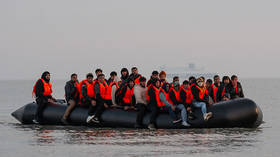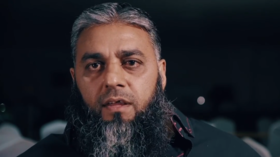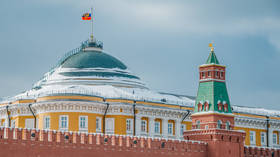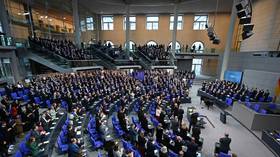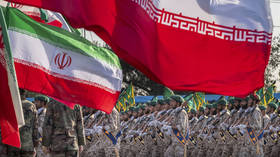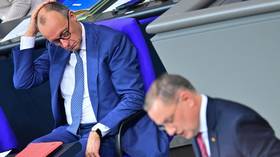Combating extremism and terrorism is top priority for Syria
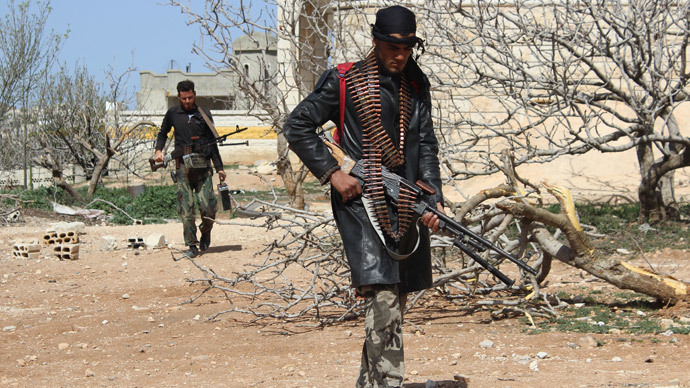
The recent events in Ukraine have unduly diverted international attention from the Syrian conflict.
Meanwhile, the bloody confrontation between Syrian government forces and numerous extremist and terrorist groups goes on. Al-Qaeda-linked militants continue to kill civilians, organize mass extrajudicial executions, torture people and take them hostage. The goal uniting all Islamic radicals in Syria, for the sake of which they are ready to cruelly destroy everybody, including women and children, is to create a caliphate where Sharia law in its medieval form will govern everyday life.
The practical implementation of this can already be seen in some districts controlled by units of the Islamic State of Iraq and the Levant (ISIL). The international community was shocked by news from Ar-Raqqah in Syria, which had been under jihadist control for a year. “Fighters for the bright future of Syria” from the ISIL levy a head tax, or “jizya,” on all Christians who remain in the city defying persecution.
Moreover, Christians are prohibited from building new and repairing old churches and monasteries. They can neither place crosses on their temples, nor organize services outside, nor ring bells and organize sacred processions. Christians are deprived of the right to distribute spiritual literature. All these orders are forcing modern Syrian society, which has always been characterized by peaceful and respectful coexistence of different ethnic and confessional groups, back to medieval times.

Considering all this, the attempts of some of our foreign partners look even more puzzling. While discussing human rights in all parts of the world, they flirt with the Islamist groups in Syria and try to present some of them as “moderate” forces confronting “the cruel regime.”
Extremist and terrorist groups, particularly Jabhat al-Nusra, ISIL and the Islamic Front, are trying to derail efforts to conclude and maintain local ceasefires. They have repeatedly opened provocative fire and attacked convoys of the Syrian Red Crescent that were delivering humanitarian aid to civilians. Jabhat al-Nusra rebels have violated the agreement reached February 11 on leaving Yarmouk, the Palestinian refugee camp, and resumed clashes with the Palestinian people's militia. Indiscriminate mortar attacks by jihadists on residential districts of Damascus, Homs, and Aleppo are causing daily casualties.
In spite of this, the Syrian government continues to expand the practice of local ceasefires. To date, local ceasefires have been achieved in more than 50 districts and localities across the country. Another 20 districts are subject to negotiations between the Syrian army and militants. In these circumstances, it is extremely important that all international actors and opposition activists affecting the situation “on the ground” actively support this process, contributing to saving thousands of lives and alleviating the suffering of the civilian population.
We all should keep in mind that the Syrian conflict has no military solution and can be settled only by political and diplomatic means through the continuation of the Geneva process, an early resumption of which we strongly support. As we can see, the Syrian government is not in words but in deeds demonstrating their declared priority of combating terrorism and solving the pressing problem of ending the violence.
The statements, views and opinions expressed in this column are solely those of the author and do not necessarily represent those of RT.
The statements, views and opinions expressed in this column are solely those of the author and do not necessarily represent those of RT.



